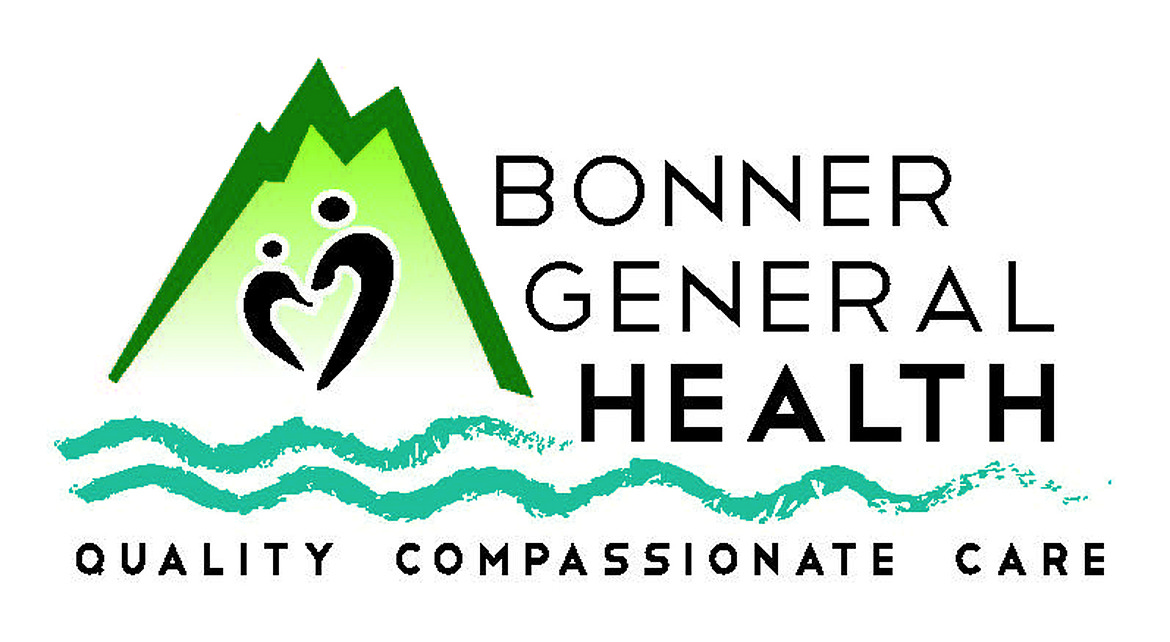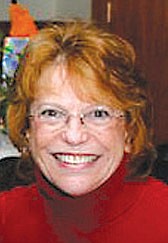The heatwave will continue through today
I’m sitting here looking at AccuWeather’s forecast, and the temperature for today is projected to be in the mid-'90s. Again. But, even though the temperatures are predicted to get back into the 70s (where they belong) later in the week, perhaps it’s a good time for us to take a look, once more, about the effects of heat on our bodies.
The National Safety Council says that although the human body normally can regulate its temperature through perspiration, there are times when excess heat can give one more than their body can handle.
“Heat exhaustion and heat stroke can escalate rapidly, leading to delirium, organ damage, and even death,” NSC says. “In 2019, 884 people died, and 2,061 were injured in the U.S. from exposure to excessive heat.”
Who’s at risk? Obviously, those who work outside, but also infants and young children (especially if left in a hot car); people 65 and over, people who are ill or have chronic health conditions or those on some medications, and people who are overweight.
The National Institute for Occupational Safety and Health (OSHA) recommends several steps for those who work outdoors, which are also good tips for all of us during this continuing heatwave. They start with the idea of working shorter shifts until workers have adjusted to the heat. Then, if possible, begin work earlier in the day before it gets too hot.
Workers should stay hydrated by drinking plenty of water before they get thirsty. You all should know that by the time you feel thirsty, you’re already dehydrated. Taking several breaks to rest and cool down is another good tip. And, you should also be watching your co-workers for any signs of heat exhaustion or heat stroke.
What are the signs of heat exhaustion and heatstroke? I’m so glad you asked. NSC says that when the body loses excess water and salt, typically caused by sweating, heat exhaustion can occur. Symptoms include pale, ashen, or moist skin; muscle cramps; fatigue, weakness or exhaustion; headache, dizziness or fainting; nausea or vomiting; or a rapid heart rate.
“Uncontrolled heat exhaustion can evolve into heatstroke, so make sure to treat victims quickly,” NSC says. “Move victims to a shaded or air-conditioned area; give water or other cool, nonalcoholic beverages; apply wet towels, or have victims take a cool shower.”
Heatstroke is a medical emergency. Signs include an elevated body temperature above 103 degrees. (Tell me you don’t carry a thermometer, and I’ll tell you to put one in the first aid kit that you should always have on hand.) Look for flushed, dry, and hot skin to the touch and note that the victim most likely has stopped sweating.
Other symptoms include rapid breathing; headache, dizziness, confusion, or other signs of altered mental status; irrational or belligerent behavior; convulsions or unresponsiveness. Any indication of these signs should trigger a 911 call. Do not take a “wait and see” attitude—call 911.
After calling for emergency medical attention, move the victim to a cool place, remove unnecessary clothing, immediately cool the victim, preferably by immersing up to the neck in cold water. Note: you’ll need help doing this, so if it’s not possible and there isn’t a cold shower handy, cover as much of the body as possible with cold, wet towels.
“Keep cooling until the body temperature drops to 101 degrees and monitor the victim’s breathing. Be ready to give CPR (cardiopulmonary resuscitation) if needed before the emergency medical technician or paramedic arrives,” NSC says.
And this is critical to know: do not force the victim to drink liquids. Do not apply rubbing alcohol to the skin. Do not allow victims to take pain relievers or salt tablets.
And in conclusion, I believe in NSC’s advice to good Samaritans: “In the community, please check in on neighbors who are elderly, house-bound, or otherwise may be reluctant to ask for help. You can offer to host them in the air-conditioned comfort of your living room on hot days, drive them to a local cooling center, or call relatives or city services to arrange for them to stay cool.”
Kathy Hubbard is a member of the Bonner General Health Foundation Advisory Council. She can be reached at kathyleehubbard@yahoo.com.



